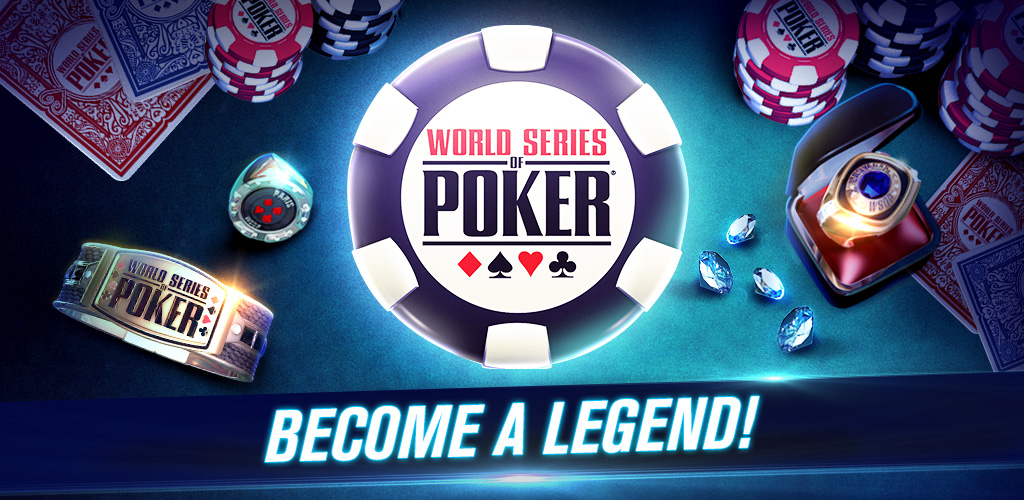An overview of the nations taking part in the Games of the Small States of Europe and Championship sheds light on the diversity and varied sporting talents exhibited during the event. Representative countries include Monaco, Liechtenstein, San Marino, Malta, Andorra, WW88 and more.
National Representation
Each participating nation brings forth its athletes who have honed their skills through rigorous training and dedication. The pride felt by athletes representing their countries at international events cannot be understated.
The selection process in each country aims to identify individuals who not only excel in their respective sports but also embody the spirit of teamwork and national pride. These athletes often face additional challenges due to limited resources and support compared to larger nations.
Featured Sports
The Games involve various sports, ranging from athletics, swimming, and basketball to more niche activities such as judo and table tennis. Each sport reflects the strengths and interests of the participating nations, showcasing the rich tapestry of talent.
Athletics typically garners significant attention, with many athletes achieving personal bests and national records during the Games. Swimming, too, has seen remarkable performances, often resulting in emotional moments that underline the hard work and commitment of these athletes.
Organizing the Events
Organizing the Games of the Small States of Europe and Championship requires meticulous planning and cooperation. Host nations must coordinate logistics, venues, and schedules while ensuring that facilities meet international standards.
The success of the event hinges on collaboration among different stakeholders, including government bodies, sports federations, volunteers, and sponsors. Their collective efforts contribute to creating a seamless experience for athletes and spectators, ultimately enhancing the reputation of the Games as a prestigious event.
Impact on Local Communities
The ripple effects of hosting the Games of the Small States of Europe and Championship reach far beyond the immediate participants. Local communities benefit economically, socially, and culturally from the influx of visitors and media attention surrounding the event.
Economic Benefits
Hosting such a significant sporting event can provide a much-needed boost to local economies. Hotels, restaurants, and shops see increased patronage during the Games, giving them the opportunity to thrive.
Additionally, investment in infrastructure, such as sports facilities and public transportation, can leave a lasting legacy in the host community. Once the Games conclude, these improvements often continue to benefit residents long after the final event has taken place.
Social Cohesion
The Games of the Small States of Europe and Championship fosters social cohesion within host communities. As locals engage with visitors, they share their culture and hospitality, creating a welcoming atmosphere.
This interaction often leads to strengthened bonds among residents, who unite to support their athletes and celebrate their nation’s achievements. Such solidarity can have lasting effects, encouraging future collaboration and participation in sporting initiatives.
Cultural Exchange Opportunities
The presence of diverse nations allows for rich cultural exchanges. Opening ceremonies and cultural displays provide opportunities for hosts to showcase their heritage while learning about the traditions of other participating countries.
The Games encourage curiosity and understanding, enabling people to explore new perspectives and form ties that transcend geographical boundaries. Athletes frequently share stories and experiences from their home countries, further contributing to this multicultural dialogue.


